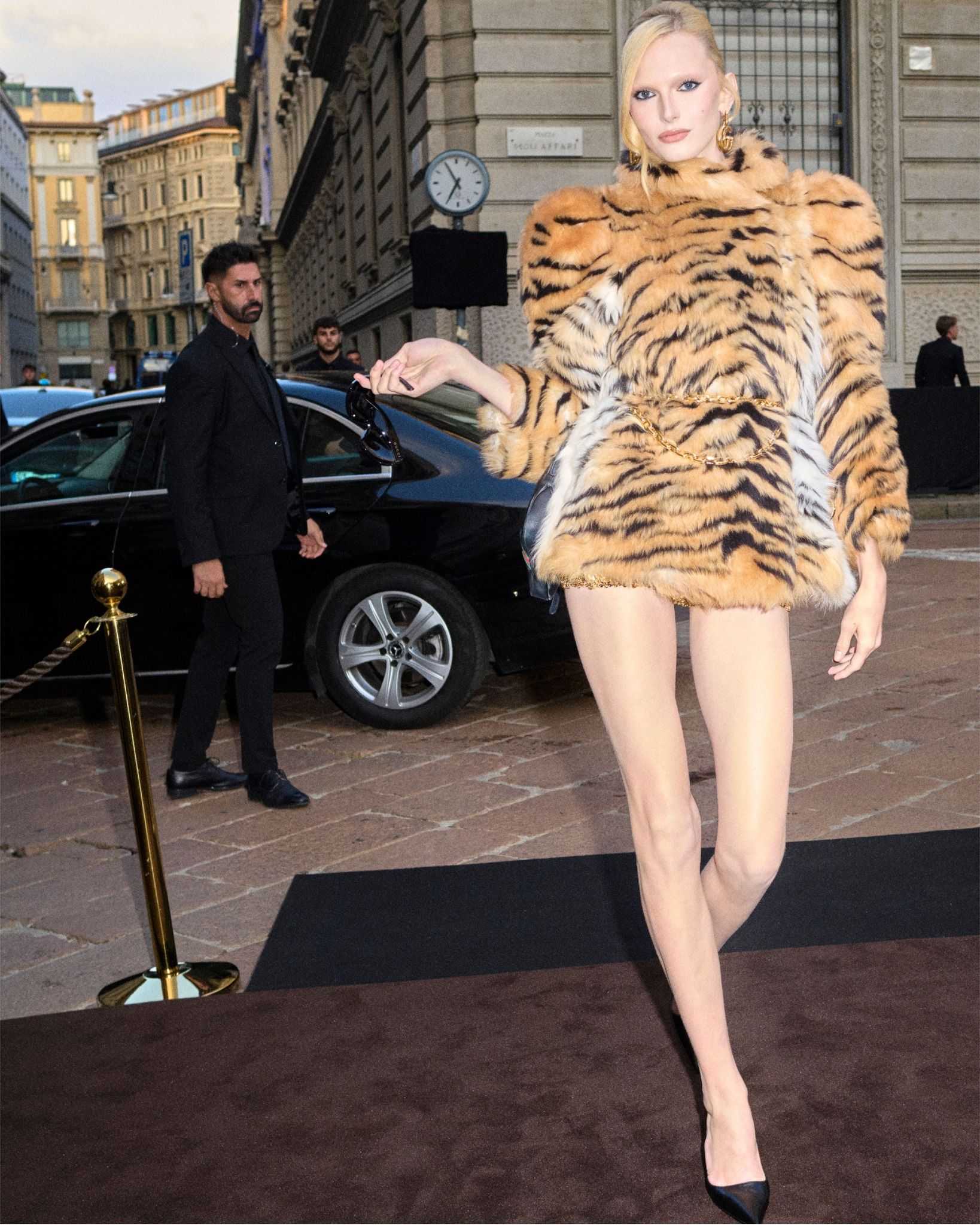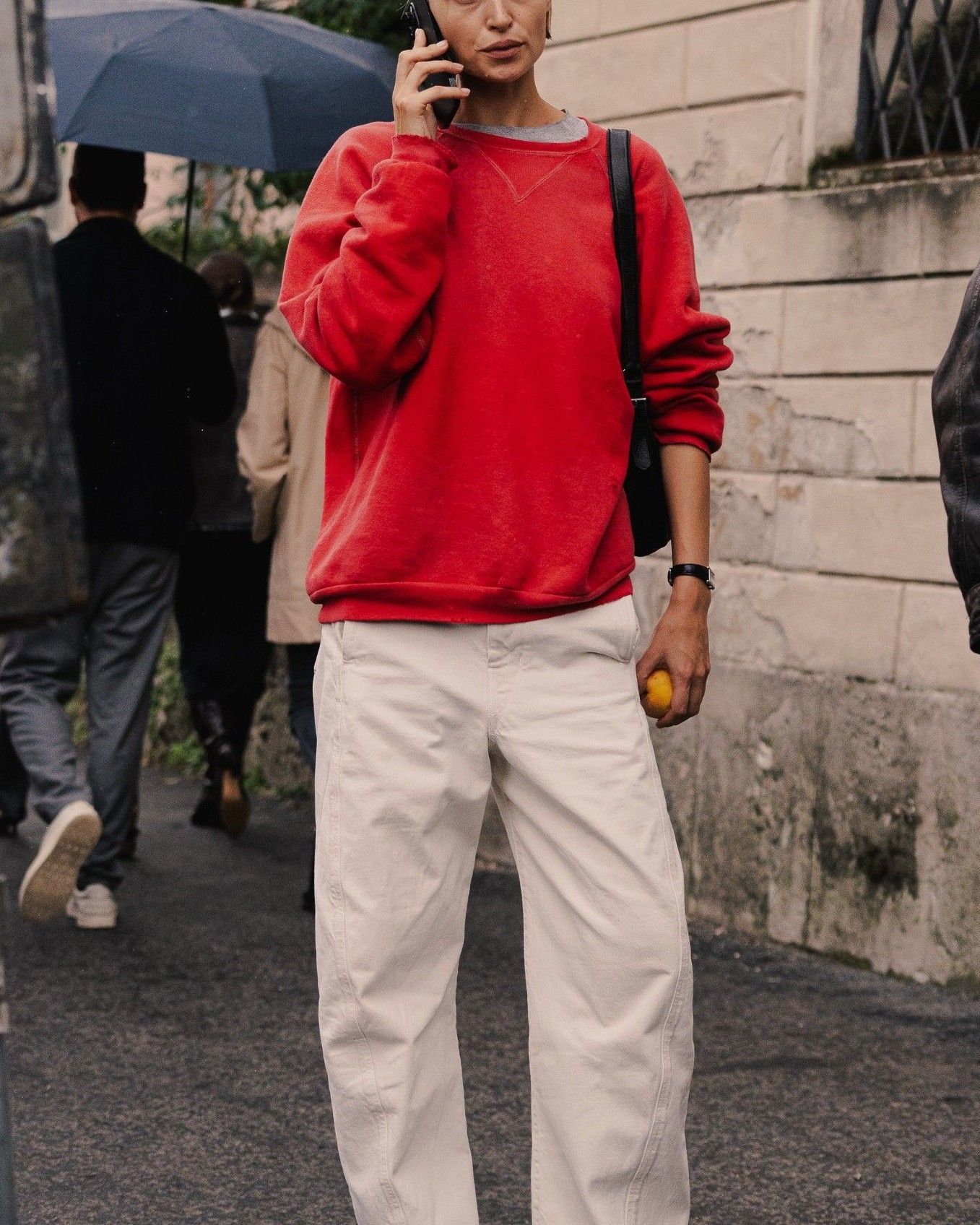
In China, luxury discounts are going crazy Bargain prices at historic lows to attract increasingly reluctant customers
The party is over. If until a few years ago China was a feast for luxury brands, where one only had to show up to gorge on profits, the country that led the growth of luxury seems to have lost its appetite for shopping. Publications like Bloomberg and the Financial Times have revealed that, for about a month, luxury goods have been discounted to unprecedented levels in China, with multi-brand retailers (not individual brands, which sell wholesale in China through third parties) offering reductions of up to 50% – practically begging customers to buy something. This was previously unthinkable but is attributed by experts to two factors: on one hand, middle-class consumers who are tightening their belts and on the other hand, brands and retailers finding themselves flooded with unsold products. The freeze in sales has extended beyond clothing: the luxury jewelry industry, traditionally considered smaller but unsinkable due to its reliable price-for-value ratio, is also struggling as Richemont, owner of brands like Cartier and Van Cleef & Arpels, has reported a sharp slowdown in performance compared to the previous year, while, as WWD explains, actual growth has been observed in the rest of the world. Research by Deloitte cited by the Financial Times indicates that the percentage of Chinese citizens interviewed who bought at least one luxury item in the previous month dropped from 59% in 2022 to 42% in June 2024. Federica Lovato, a partner at Bain in Milan, highlighted a widespread feeling of "luxury shame," similar to what American and European consumers experienced after the 2008 financial crisis. Customers now prefer not to be seen with ostentatious luxury products and shopping bags, which is becoming increasingly relevant in China, leading to low store traffic and footfall.
According to the Financial Times, at the beginning of July, many Marc Jacobs products were sold at discounts exceeding 50% on bags, clothing, and shoes on Alibaba's premium e-commerce platform, Tmall Luxury Pavilion, while some retailers were offering a 24-month interest-free loan for purchasing Bottega Veneta bags on the same platform. Numerous online multi-brand retailers, both luxury and premium, have also extended the duration of discounts and the number of discounted products during the first six months of the year. Already in June, according to Bloomberg, a 35% discount was applied to Balenciaga's Hourglass bag, sold for US$1,947 on Tmall – almost one thousand less than the base model which can reach up to $7,000 for the crystal-covered version but is listed between $2,600 and $3,000 on the brand's American website. According to Bloomberg, there were average discounts of 40% on Balenciaga items in three of the first four months of 2024: from January to April, discounted products were 10% of the total on Tmall, twice the normal amount for three times the months, considering that last year discounts lasted only for January and reached a maximum of 30%. Brands like Versace, Burberry, and Givenchy were the most exposed to these retailer-applied discounts: Bloomberg sources reported that discounts of 40% in 2023 exceeded 50% this year. Such a breach of protocol is something many in the industry have called for (among insiders, saying that prices have exceeded all levels of control is a new cliché, and even BoF and Financial Times continue to repeat it), but anyone working in fashion recognizes it as inconceivable. Or potentially inconceivable, given that between scandals about third-world manufacturing prices, arbitrary price increases, and the issue of gray markets, it is clear that something would eventually happen.
im waiting for these luxury brands to realise their prices are too high and drop them but mfs still buy it anyways
— marli (@maarrleeeyyy) July 17, 2024
Jacques Roizen, head of China consulting at Digital Luxury Group, interviewed by Bloomberg, appeared politely shocked that these discounts are being offered on the world’s most visible e-commerce site, Tmall, comparing it to a public sale on the Champs-Elysées. Unfortunately, no major executive or magnate has yet learned that fashion greatly needs the middle class and it is not wise to alienate them, considering that VICs capable of spending the desired amounts are just half a million worldwide, and given that fast fashion continues to sell effectively, indicating the presence of demand and capital. Adding to the difficulties for brands are also high return rates on Tmall, fueled by promotional campaigns that provide additional discounts after certain spending thresholds are met, including returns: practically a financial suicide as many order large quantities to get discounts, only to return the goods, creating a logistical nightmare and a profit hole. Naturally, brands like Hermès, Chanel, and Louis Vuitton have avoided discounts, staying out of the e-commerce bazaar and focusing on cultivating ultra-rich VICs, of which China certainly does not lack, a strategy already followed by players like Gucci, Prada, and Miu Miu – all brands historically averse to multi-brand distribution, which is used sparingly and is practically not subject to discounts anywhere.
@cyncynti Shopping malls in China are another level #shanghai #china #shoppingmall #luxurybrands midnight sun (ramzoid x hal walker) - ZOID LAND
For all others, however, the situation seems complex. Bloomberg explains that online orders accounted for nearly half of luxury sales in China in 2023, with Tmall alone capturing the majority of that traffic, according to consultancy Yaok Group. The declining demand from the Chinese market has already damaged luxury earnings: while brands like Kering or LVMH have reported a potential drop in profits due to weaker demand in China, a brand like Burberry has seen about half of its market value vanish, and even Chanel has warned that conditions, even in the high-end segment, are becoming more complex. Japan's weak yen is also contributing to the slowdown in sales in China, as many travel to Japan in search of favorable exchange rates for their shopping. In short, one of the world's most populous nations, as well as a global superpower, is collectively discovering that the luxury they have bought so far can cost much, much less. According to the Financial Times, this was a more or less anticipated risk of turning to Chinese wholesalers who think less in terms of brand equity and more in terms of sales volume, as these discounts take place not in the discretion of the outlet but online. A lesson we hope brands have learned after this episode.















































